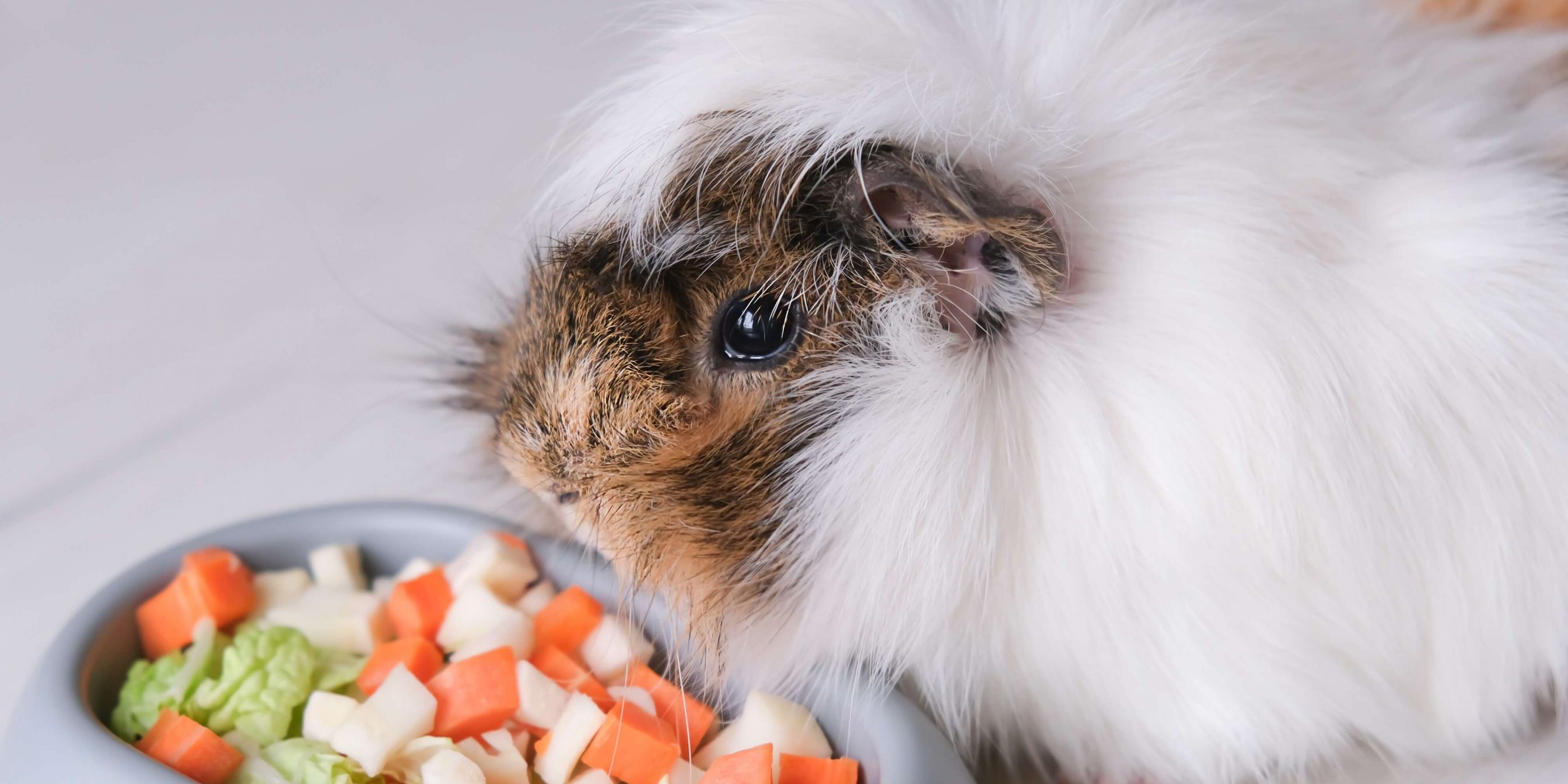A small pet moves in and suddenly everyday life becomes more exciting. However, anyone who thinks that everything takes care of itself will quickly be proven wrong! Animals need care, which is shown in many small, daily actions. Children in particular can take on a lot of responsibility here if their parents guide them wisely.
Feeding – more than just Filling a Bowl
Fresh water and species-appropriate food are essential. Depending on the animal species, this includes, for example, hay, dry food, vegetables, or herbs. Children can easily be involved, as it is quick to help them select and prepare fresh food and then fill the bowls. 👉 Tip: Introduce fixed feeding times. This creates routine and gives children a sense of being needed.
Water – the Underestimated Classic
Water is just as important as food, but it is often forgotten. Therefore, bowls or water bottles should be cleaned and refilled daily. Even preschoolers can check the following: “Is there still enough in it? Is the water clean?” – small checks with a big impact!
Keeping Clean – Hygiene for Pets and Family
Only with proper care does a small animal home remain hygienic. Damp spots in the bedding should be removed daily, and bowls and bottles should be rinsed regularly. A thorough cleaning is due weekly.
👉 Children can help by refilling fresh bedding or keeping the feeding area clean. This way, they learn that cleanliness and hygiene are important not only for humans but also for animals.
Observing – a Valuable Part of the Routine
Daily tasks are not only practical but also provide an opportunity for observation. Is the animal eating normally? Does it seem lively? Such questions foster attention and empathy. Children learn that animals “speak” to them through their behavior. Parents can encourage discussion: “Why is the hamster sleeping now? What might the rabbit be saying with its hopping?”
Routines – the Key to Staying Consistent
Children need repetition. Small routines help with this. Refilling water in the morning, giving vegetables in the evening. Those who link tasks with fixed procedures naturally embed responsibility into daily life. Parents should remain patient – perfection is not necessary, but consistency is.
Mini Checklist for Daily Life
- Provide fresh water (check morning and evening)
- Provide food according to schedule
- Remove damp bedding spots
- Briefly observe behavior (“is everything okay?”)
- Once a week: thoroughly clean
To the Point
Daily tasks are not a burden, but opportunities: Children experience that their efforts are important and have a directly noticeable effect. Small actions gradually turn into responsibility. While animals contentedly gnaw or play, children’s awareness grows. Care brings joy – anew every day.
